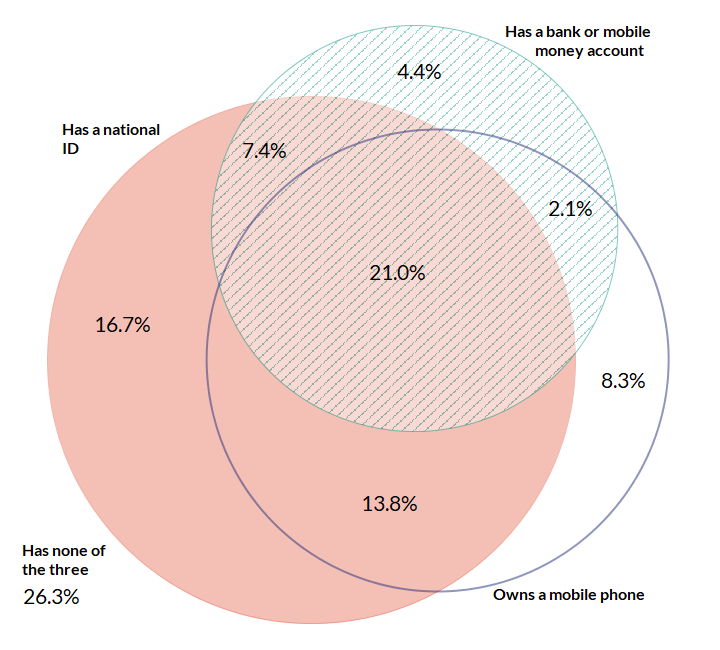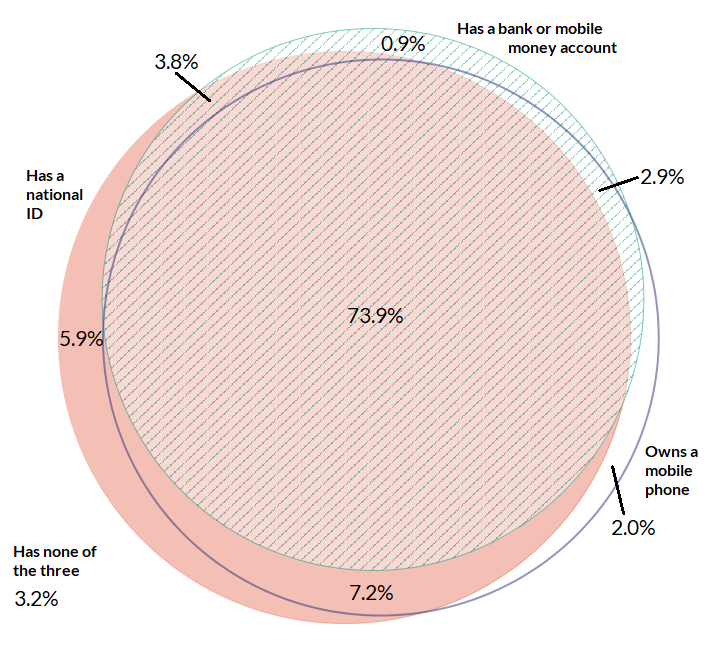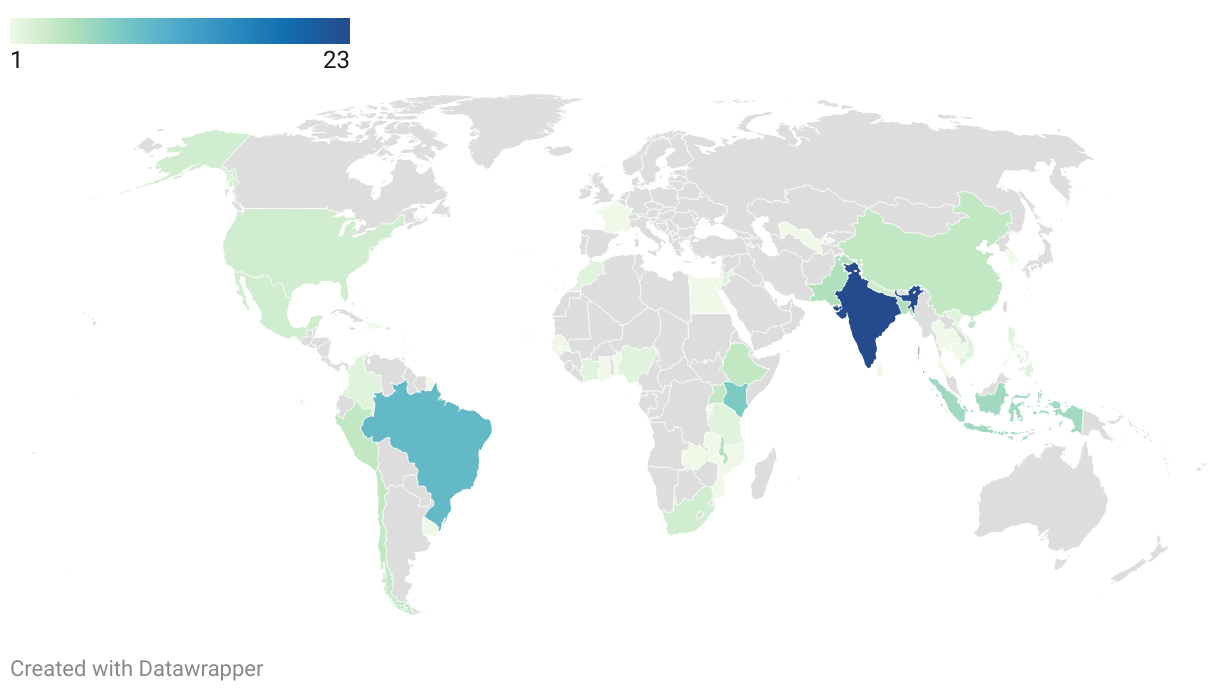Ethiopia has its sights set on becoming Africa’s next tech hub, rivalling Nairobi, Lagos, and Cape Town. Prime Minister Abiy Ahmed has enacted progressive policies in business, finance, and telecoms, and for a decade, Ethiopia’s economy has averaged 10.3 percent growth driven by industry, construction, and services. That growth has translated into both urban and rural poverty reduction.
But in its quest for digital supremacy, Ethiopia will need to take steps to create an enabling environment for the digital startup sector, which across Africa is driven in large part by fintech. But Ethiopia lacks the communication and financial infrastructure needed to enable digital innovation, and faces significant obstacles in challenging Kenya, (which processed $38 billion in transactions last year), Ghana (Africa’s fastest growing mobile money market) or Nigeria (where mobile carrier MTN recently received a banking license). As a start, TechCrunch points out that Ethiopia must address a substantial internet connectivity gap before it can realistically aspire to attract major investment in digital startups. Even with expended internet connectivity, the next challenge ahead for Ethiopia will be providing identification—a key enabler of the digital economy—to more of its citizens. ID is foundational for getting a mobile phone and a bank account, and you will need both to make digital payments. And entering the fintech space of mobile money requires a mobile phone and access to a minimum of 2G coverage. Each of the requirements stacks onto another.
Unfortunately, Ethiopia is a straggler in providing these crucial tools, while its biggest African competitor in the digital space, Kenya, enjoys very strong adoption rates. The Venn diagrams below compare Ethiopia and Kenya in ID, money accounts, and mobile phone ownership among adults. Where just over one in five Ethiopian adults have all three, almost three-quarters of Kenyans do. A thriving digital startup ecosystem will need the means to access customers, and Kenya has a massive head start in providing these basics.
Note: Images made with eulerAPE. Source: Findex 2017 microdata, calculated using population weights.
Perhaps even more notable are the differences in coverage. Over a quarter of Ethiopian adults—16 million people—have neither an ID nor a money account nor a mobile phone. Ethiopia trails only Pakistan for the largest population without any of these three crucial tools for navigating the digital world.
Even more concerning are the gender gaps: whereas 15.9 percent of men have none of the three, 36.1 percent of women have none. Similarly, while 26.2 percent of men have ID, account, and phone, only 16.2 percent of women have all three. Ethiopia will need to focus on deliberately providing women the tools, skills, and digital literacy to successfully navigate a future digital economy if it wants to realize the full benefits these platforms can provide.
The bottom line is that Ethiopia is wise to think ahead about the growth potential offered by a well-developed digital economy in a country of 100 million people. But getting to that level of digital integration will take meaningful investment and focus on the part of policymakers to ensure that the necessary building blocks like internet connectivity, ID, mobile adoption, and access to banking are in place for digital entrepreneurs (and women, specifically) to thrive. At the same time, if those investments only accrue to small number of urban entrepreneurs who can more easily access the internet and its associated networks, Ethiopia risks constraining the size of its own (potentially huge) domestic market and not diffusing the benefits of digital technologies.
Correction: this piece originally referred to Prime Minister Abiy Ahmed as President.
CGD blog posts reflect the views of the authors, drawing on prior research and experience in their areas of expertise.
CGD is a nonpartisan, independent organization and does not take institutional positions.







